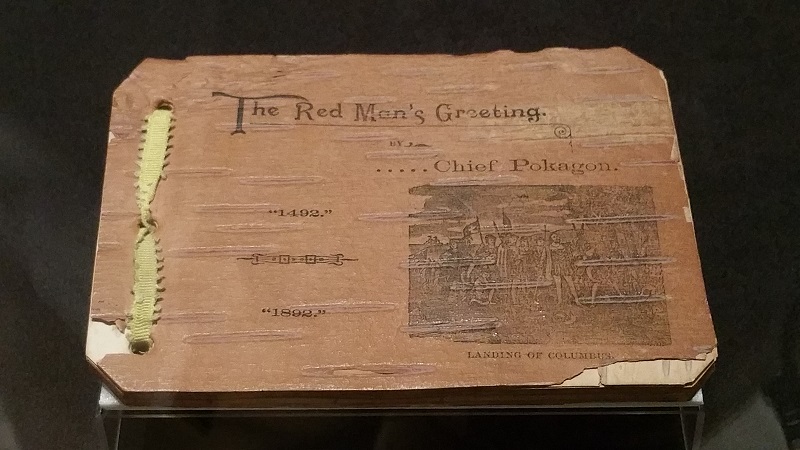
The Red Man’s Greeting, 1494-1892 (C. H. Engle, 1893) from the collection of the Newberry Library.
“Without native Americans, would we have Chicago as we know it?” asks Jesse Dukes in an interactive “Curious City” feature for WBEZ-Chicago. One part of this fascinating look at the histories of Native Americans and the settlers of Chicago is the story of Simon Pokagon, a prominent member of the Pokagon Band of the Potawatomi who spoke at the 1893 World’s Fair.
Pokagon, explains historian and Potawatomi Indian John Low, criticized organizers of the World’s Columbian Exposition “for not including Indians, as if nothing that we had done—or given or given up—had contributed to America.”
Because of the attention, Simon Pokagon was invited to speak during “Chicago Day” at the Fair, held on October 9. His poignant speech argued that America needed to make room for Native Americans as part of the American Dream. “He did not denigrate America,” says Low. “He promoted the idea Indians should be allowed an opportunity to progress. They should be at least included in the American dream. He did start opening a path for Indians to be accepted.”
Pokagon published his critique as a birch-bark booklet titled The Red Man’s Greeting, which he sold at the Exposition. A rare copy from the collection of the Newberry Library is on display at “Pictures from an Exposition” from September 28 through December 31, 2018.
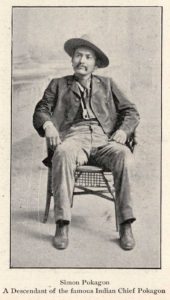
Photograph of Simon Pokagon [Image from Pictorial Album and History, World’s Fair and Midway. Harry T. Smith & Co., 1893.]
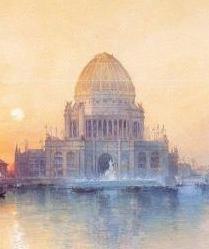
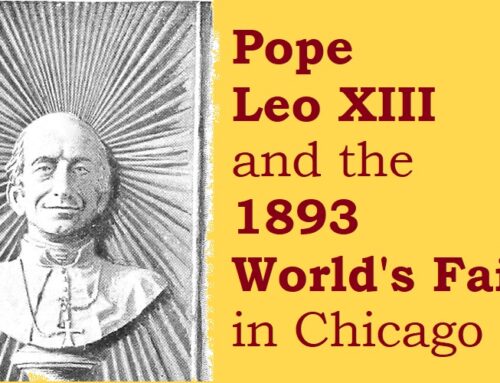
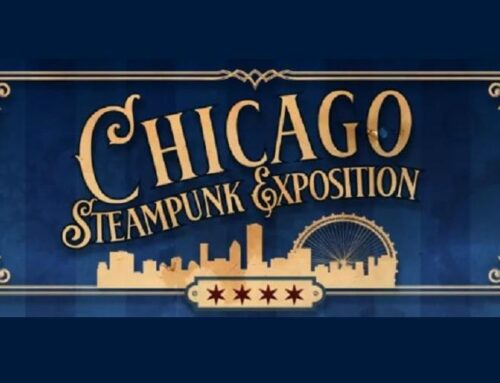
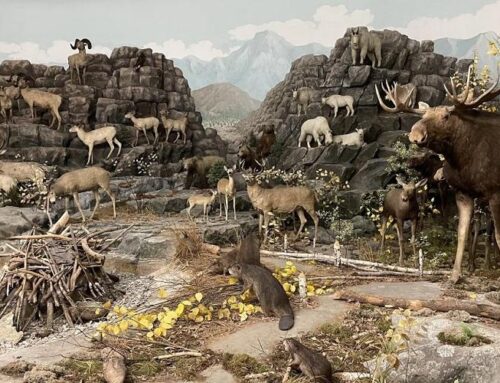
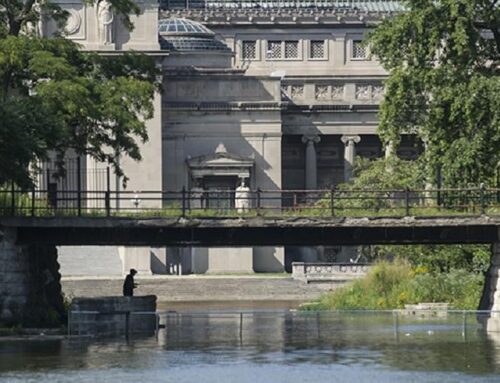
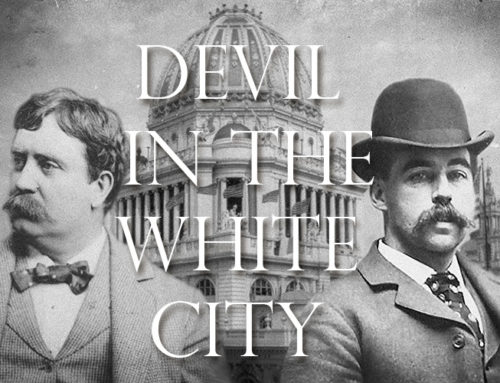
Leave A Comment